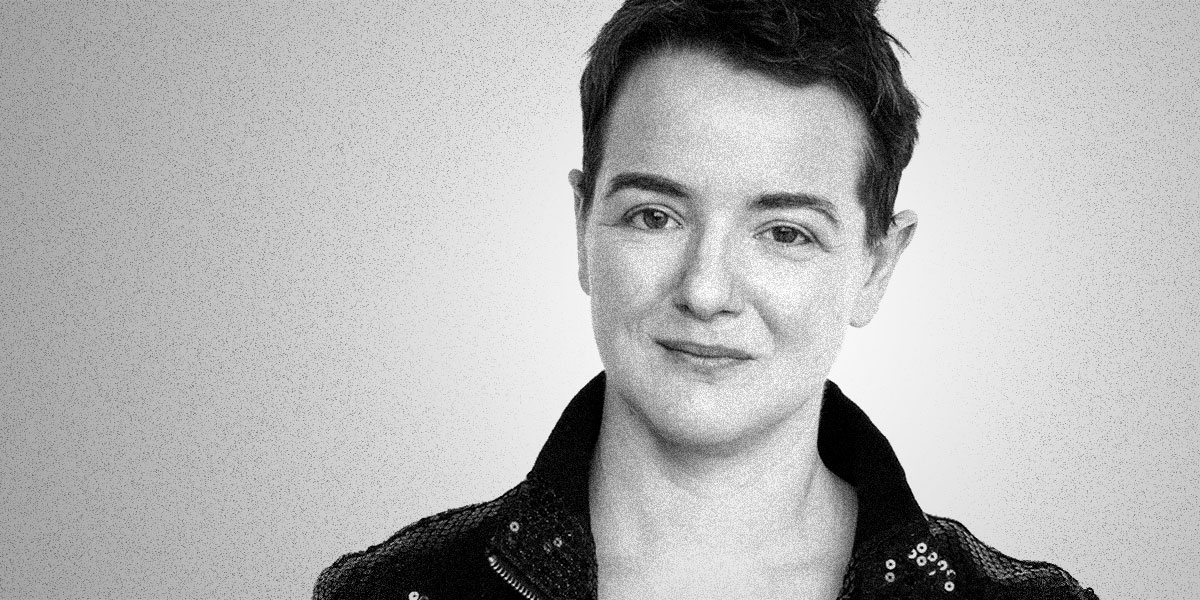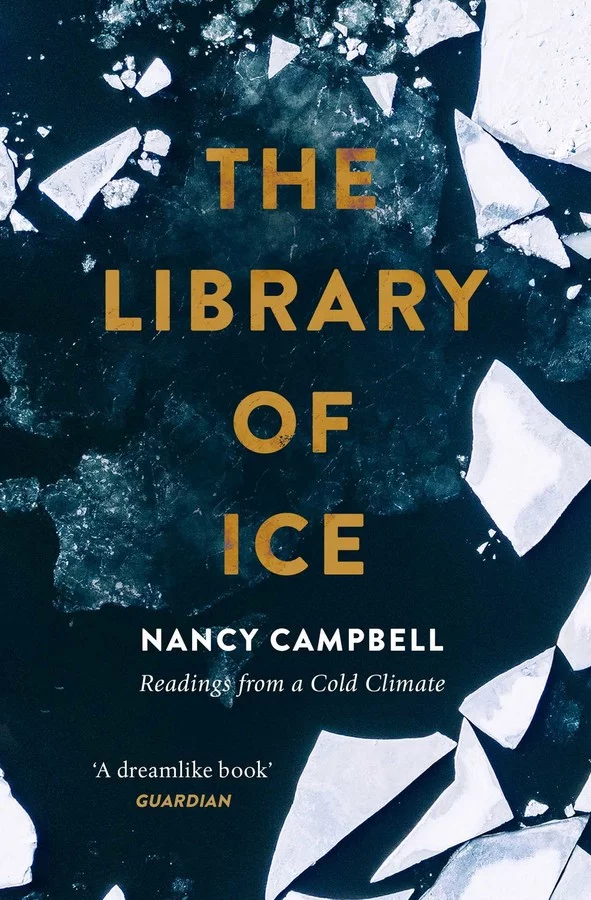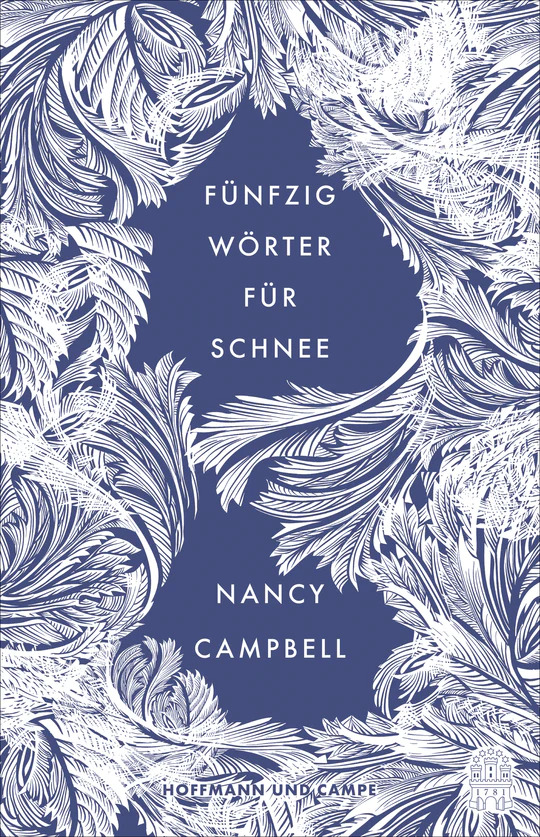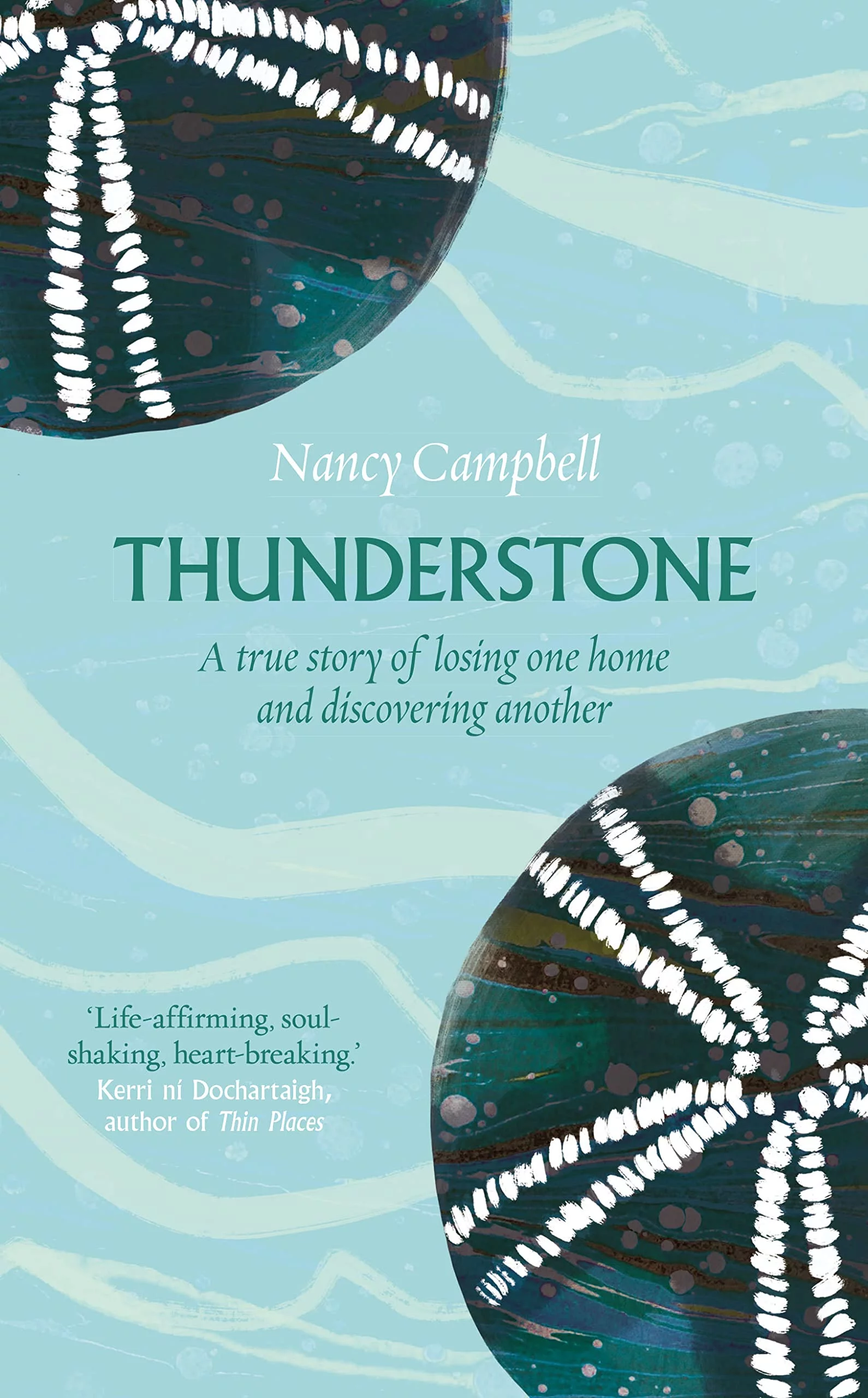Nancy Campbell
This summer semester, Scottish writer Nancy Campbell is our guest! Nancy Campbell was born in Exeter, England in 1978 and grew up in Scotland and Northumberland. After studying English at Oxford, where she now lives, she learned book crafting and then worked at various fine art book printers in the US and UK.
Nancy Campbell is described by former Poet Laureate Carol Ann Duffy as “a deft, dangerous, and dazzling poet writing from the furthest of both history and climate change.” A series of residencies at Arctic research facilities between 2010 and 2017 inspired her to write a variety of literary works, from poems to essays to non-fiction, that explore the environment of the Arctic zone. Her most recent work, Thunderstone, published last year, is an autobiographical account of her exit from civic life during the first Corona-Lockdown.
In her work, Nancy Campbell addresses the consequences of climate change in diverse and innovative ways. She is particularly interested in marginalized or endangered languages as archives of an ecological consciousness. For example, her first book, How to Say ‘I Love you’ in Greenlandic (2011), combines an introduction to the language of Greenland with a romantic narrative. The poetry collection Disko Bay (2015) also explores the effects of climate change on the polar region. In turn, the prose volume The Library of Ice (2018) almost puts into words Campbell’s fascination with the rugged beauty of the ice. In her work Fifty Words for Snow (2020; dt.: Fünfzig Wörter für Schnee, Hoffmann und Campe 2021), Campbell tells stories around the very different words for snow in the languages of our world, from the French “avalanche” to the Mongolian “zud.”
The Poetry Society named Campbell the British Canal Laureate for 2018. The Canal Laureate project is part of a wider partnership between the Canal & River Trust and Arts Council England, which aims to attract more visitors to waterways while surprising and delighting existing communities through exciting and innovative arts projects. Many of the poems she wrote during her two-year laureateship were installed along the waterways where they could be seen projected on wharves at night, stencilled on towpaths, or engraved into fish gates; they are collected in the pamphlet Navigations (2018).
In 2020, she received the prestigious Ness Award from the Royal Geographic Society for her environmental writing, including works of non-fiction The Library of Ice (2018), poetry Disko Bay (2015), and artist’s books How to Say ‘I Love you’ in Greenlandic (2011), which also won the Birgit Skiöld Award. In addition, the poetry collection Disko Bay was nominated for the Forward Prize for Best First Collection (2016) and the Michael Murphy Memorial Prize (2017).
Nancy Campbell’s writing has been commissioned by many arts and heritage organizations including the Royal Academy, the British Library, the BBC, the National Poetry Library and World Book Night. Campbell has worked collaboratively with choreographers, composers, visual artists, bookbinders, anthropologists and neuroscientists and she is dedicated to developing innovative projects that push the boundaries of poetry, as well as supporting the work of fellow and emerging writers through her teaching and publishing projects.
„It muffles. It shrouds. Like the sheet a magician lays over their assistant before taking out the saw – when it is whisked away, the miracle is not that anything has changes, but rather that everything has stayed the same.”
Nancy Campbell, Fifty Words for Snow
Seminar „On water and other voices“
As part of the Samuel Fischer Guest Professorship, Nancy Campbell will teach a seminar titled On water and other voices during the 2023 summer semester. This course explores the importance of water to the somatic experience of environments. Taking the radical and unrelenting water cycle as a starting point, the relationship between ecopoetry and book arts will be explored. A wide variety of texts will be discussed, including non-European works from older literatures that have barely been canonized, and transhuman voices (tides, core ice, or mycelia) will also have their say. Students are encouraged to test the limits of literary expression in texts by reflecting on linguistic foreignness and loss.
The seminar will take place on Wednesdays from 4-6 p.m. beginning April 19, 2023, at the Peter Szondi-Institut für Allgemeine und Vergleichende Literaturwissenschaft.
Sieh dir diesen Beitrag auf Instagram an
read-write-design-read-write-design
Nancy Campbell, Salvador Plascencia and Svenja Gräfen in conversation
This event took place on June 8 at Galerie für Zeitgenössiche Kunst in Leipzig.
Samuel Fischer Gastprofessorin Nancy Campbell traf auf Picador Gastprofessor Salvador Plascencia bei einem Gespräch über die Kunst des Schreibens und das Zusammenspiel von Design und Literatur. Svenja Gräfen führte durch das Gespräch. Mehr zur Veranstaltung auf picadorprof.de.
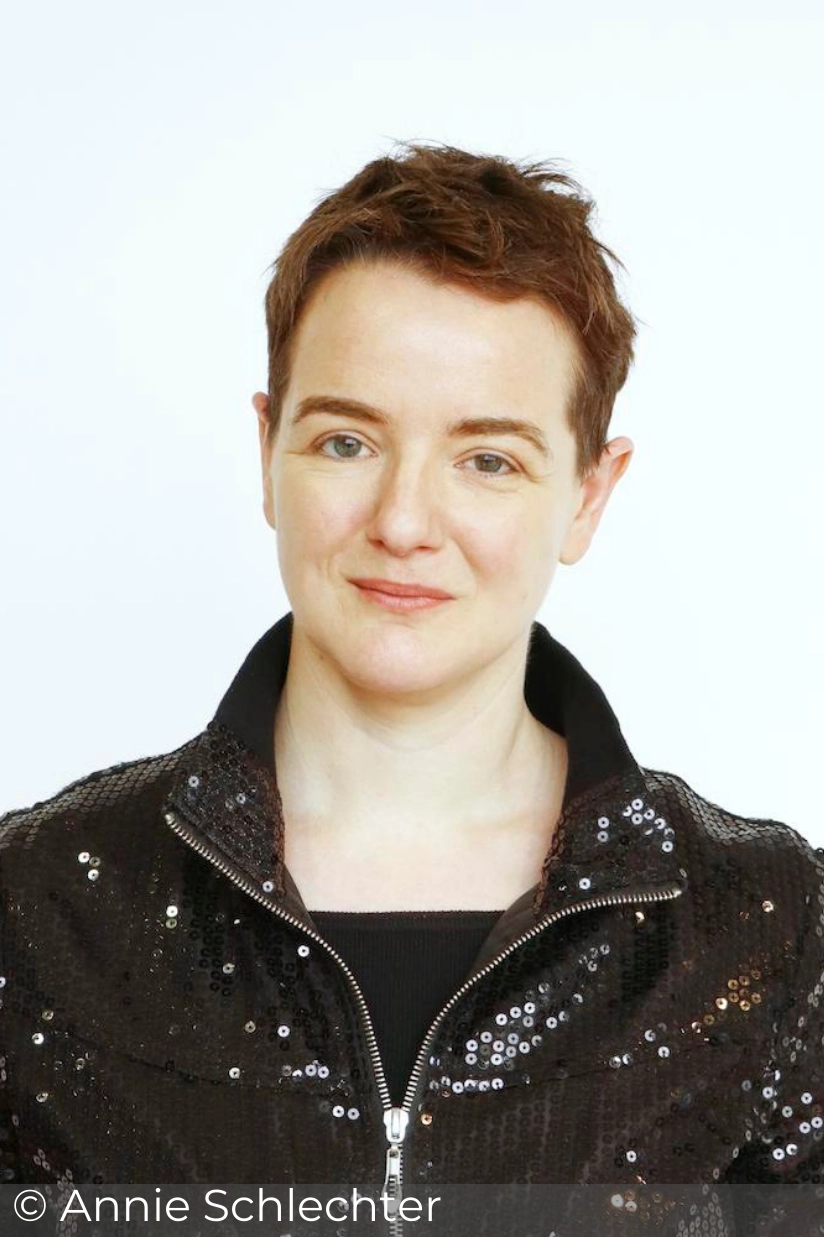
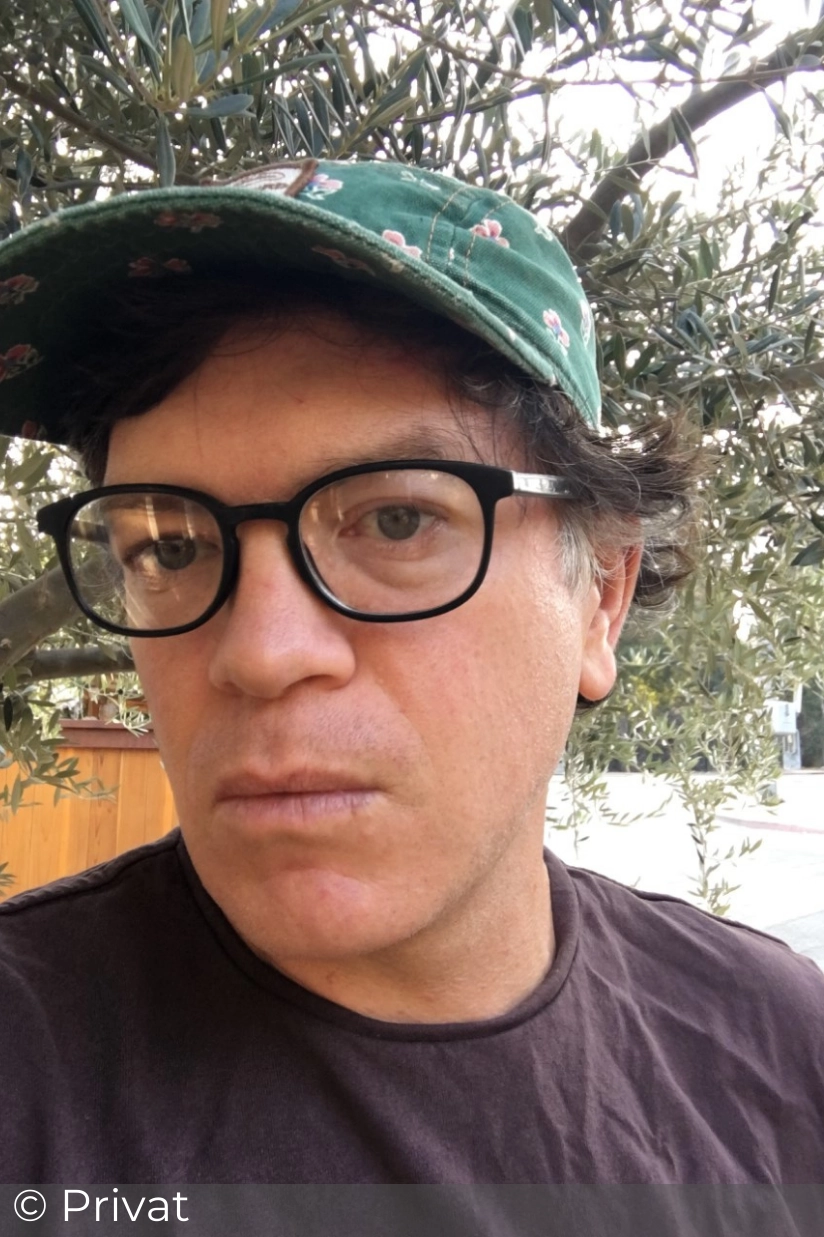

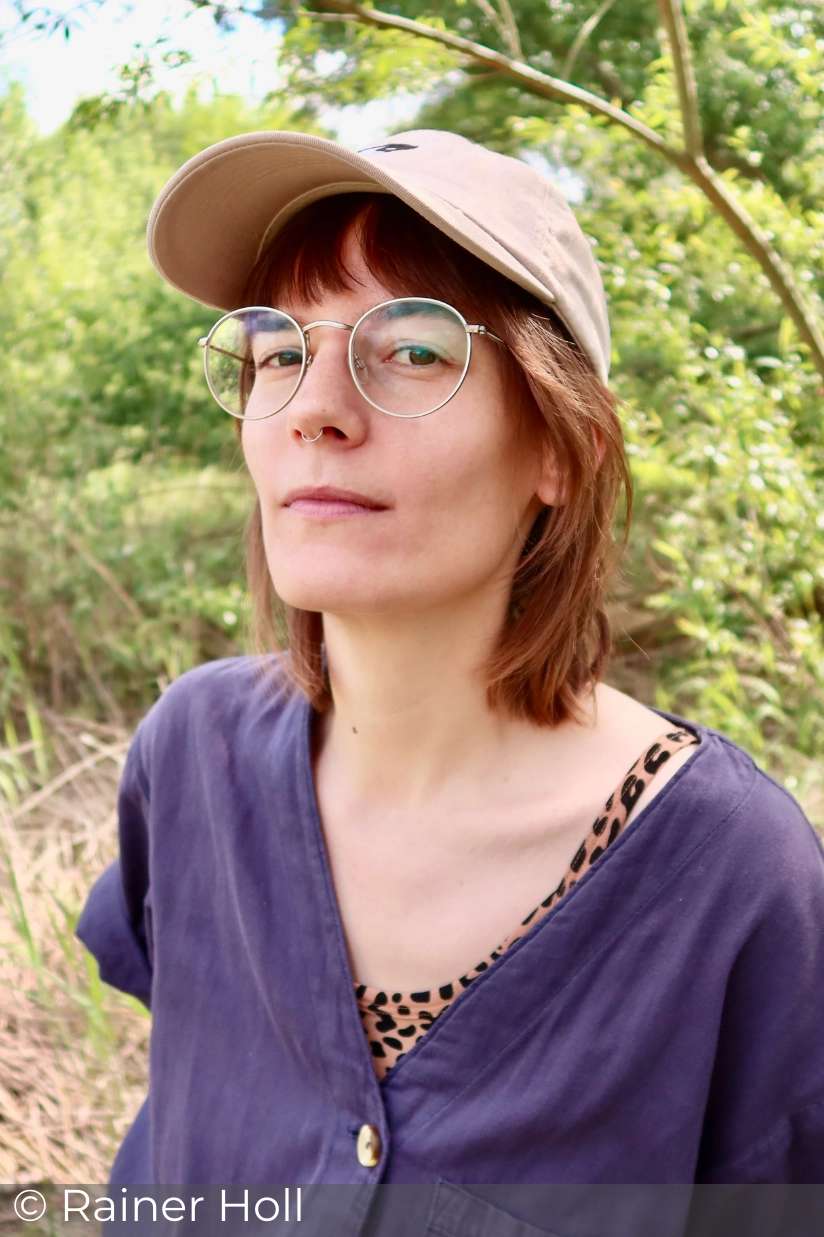
The event is a collaboration between the Samuel Fischer Guest Professorship and the Picador Guest Professorship and took part for the 25th anniversary celebration of the Samuel Fischer Guest Professorship. Partners of #sfischerprof are: Freie Universität Berlin, DAAD, S. Fischer and Holtzbrinck Berlin – Inspire Together.
